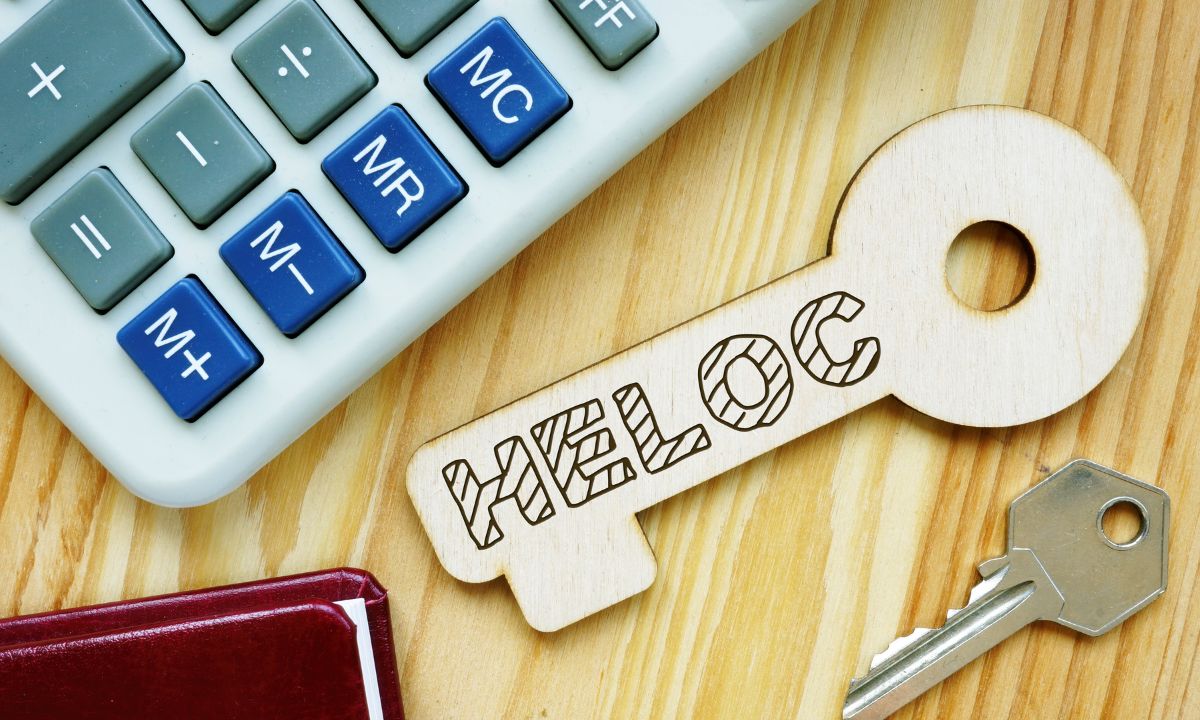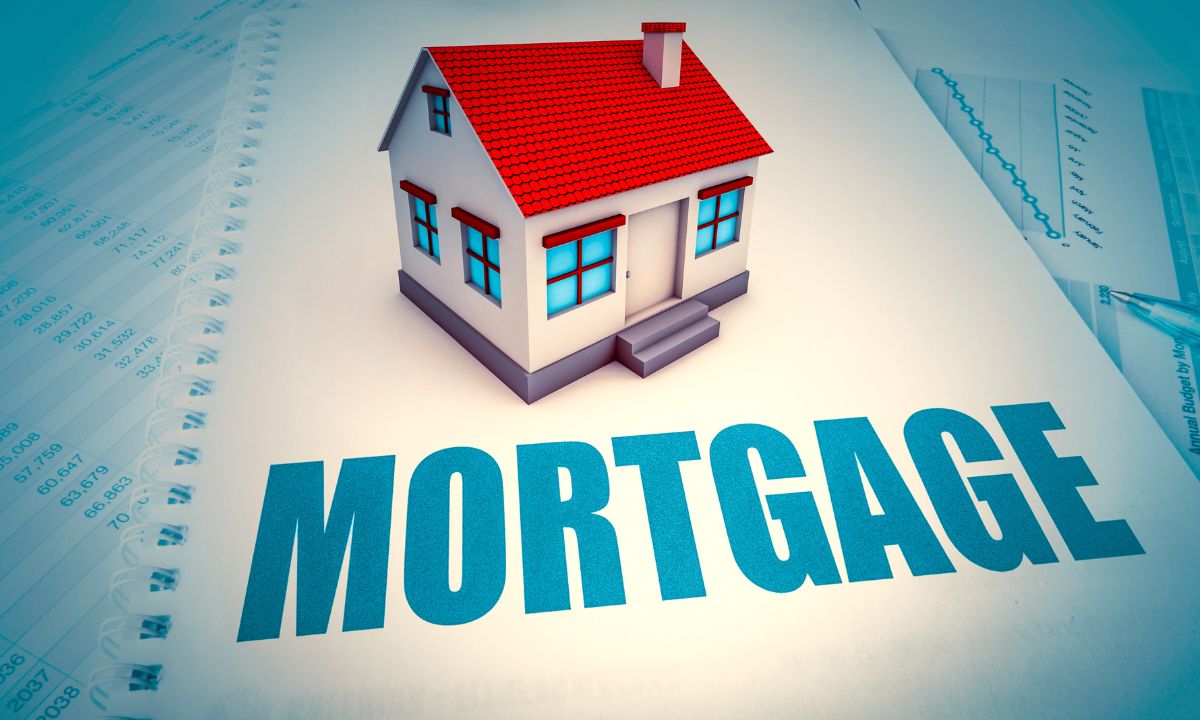 As a homeowner, tapping into your home equity can be a strategic financial move. Whether you’re renovating your house, consolidating debt, or covering major expenses, two popular options stand out: home equity loans and home equity lines of credit (HELOCs). Understanding the differences between these two can help you make an informed decision that best suits your needs and financial goals.
As a homeowner, tapping into your home equity can be a strategic financial move. Whether you’re renovating your house, consolidating debt, or covering major expenses, two popular options stand out: home equity loans and home equity lines of credit (HELOCs). Understanding the differences between these two can help you make an informed decision that best suits your needs and financial goals.
Home Equity Loan: The Lump-Sum Option
A home equity loan sometimes referred to as a second mortgage, provides you with a lump sum of money upfront, which you repay over a fixed term with a fixed interest rate. Here’s why it might be the right choice for you:
Predictable Payments: With a fixed interest rate and fixed monthly payments, you’ll have consistency in your budgeting, making it easier to manage your finances.
One-Time Expense Coverage: If you have a specific, one-time expense in mind, such as a home renovation project or a large medical bill, a home equity loan can provide the funds you need upfront.
Lower Interest Rates: Generally, home equity loans come with lower interest rates compared to other types of loans, making them a cost-effective borrowing option.
Structured Repayment: Since you receive the entire loan amount upfront, you’ll have a structured repayment plan, allowing you to clear the debt over time.
HELOC: The Flexible Credit Line
A HELOC, on the other hand, offers a revolving line of credit, similar to a credit card, secured by your home’s equity. Here’s why it could be the right fit for your financial situation:
Flexibility: With a HELOC, you have the flexibility to borrow as much or as little as you need, up to your approved credit limit, and you only pay interest on the amount you use.
Emergency Fund: It can serve as an excellent backup plan for emergencies or unexpected expenses. You have access to funds when you need them without having to apply for a new loan.
Variable Interest Rates: While this can be a disadvantage in some cases, if interest rates are low when you open the HELOC, you might benefit from lower initial payments compared to a fixed-rate home equity loan.
Revolving Credit: As you repay the borrowed amount, you can borrow again, making it a revolving source of funds for ongoing needs or future projects.
Factors to Consider When Choosing
Your Financial Goals: Consider whether you need a one-time lump sum or ongoing access to funds. Your financial goals and the purpose of borrowing should guide your decision.
Interest Rates: Compare interest rates and terms for both options. While home equity loans typically offer fixed rates, HELOCs may have variable rates that could increase over time.
Risk Tolerance: Assess your comfort level with interest rate fluctuations. If you prefer predictability and stability, a home equity loan might be the safer choice.
Usage of Funds: Think about how you plan to use the borrowed money. If it’s for a specific, one-time expense, a home equity loan might be more suitable. If you anticipate ongoing expenses or want a safety net for emergencies, a HELOC could be more beneficial.
Repayment Ability: Evaluate your ability to make monthly payments. With a home equity loan, you’ll have fixed payments, while a HELOC offers more flexibility but requires discipline to manage revolving credit responsibly.
Choosing between a home equity loan and a HELOC depends on your circumstances, financial goals, and comfort level with risk. Both options offer distinct advantages, so weigh the pros and cons carefully before deciding. Ultimately, selecting the right financing option can help you leverage your home equity wisely and achieve your financial objectives.

 A reverse mortgage and a home equity conversion mortgage (HECM) are both types of loan products that allow homeowners to tap into the equity they have built up in their homes. However, there are some important differences between the two.
A reverse mortgage and a home equity conversion mortgage (HECM) are both types of loan products that allow homeowners to tap into the equity they have built up in their homes. However, there are some important differences between the two. If you are looking for a quick source of cash, you may have been told that you can tap into the equity in your home. If you have at least 20 percent equity in your home, you can borrow against that equity at a relatively low interest rate for a quick source of funding. You might be deciding whether to apply for a home equity loan or a home equity line of credit, which is usually shortened to HELOC.
If you are looking for a quick source of cash, you may have been told that you can tap into the equity in your home. If you have at least 20 percent equity in your home, you can borrow against that equity at a relatively low interest rate for a quick source of funding. You might be deciding whether to apply for a home equity loan or a home equity line of credit, which is usually shortened to HELOC. 